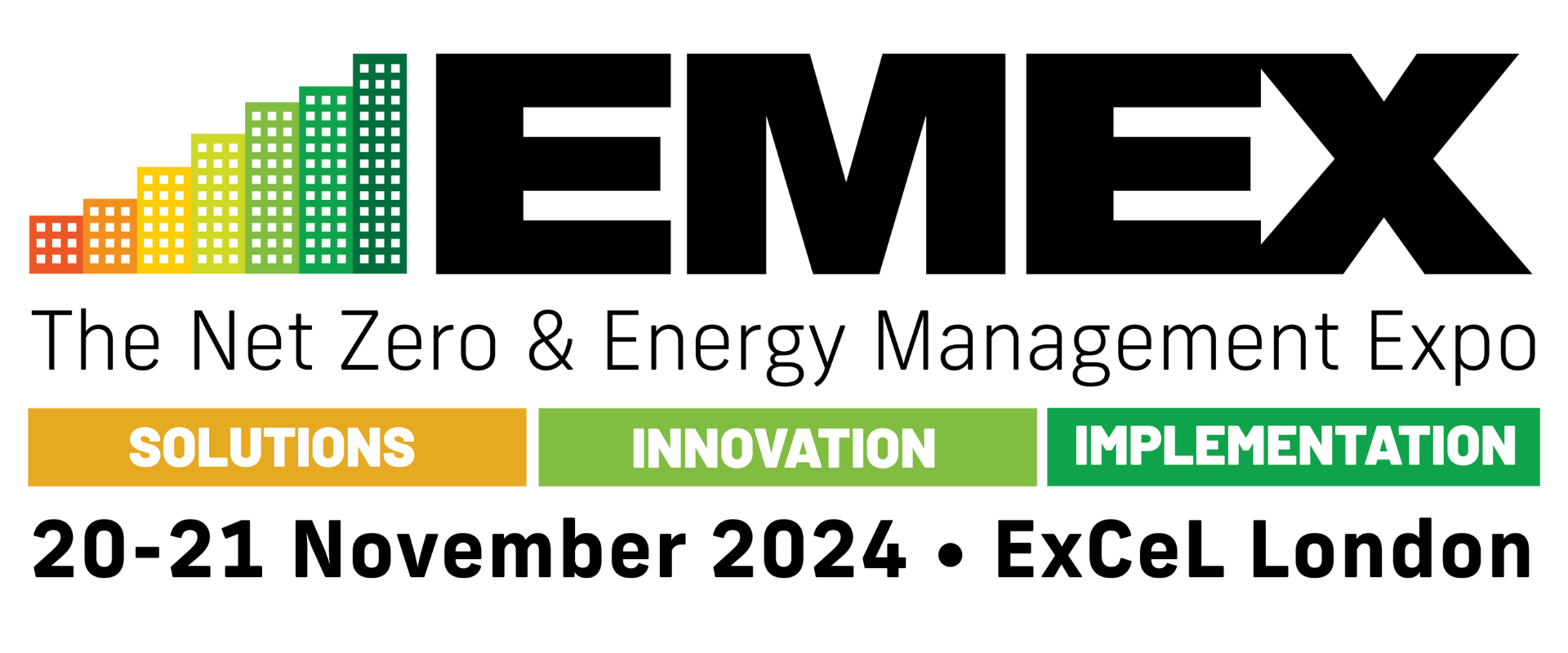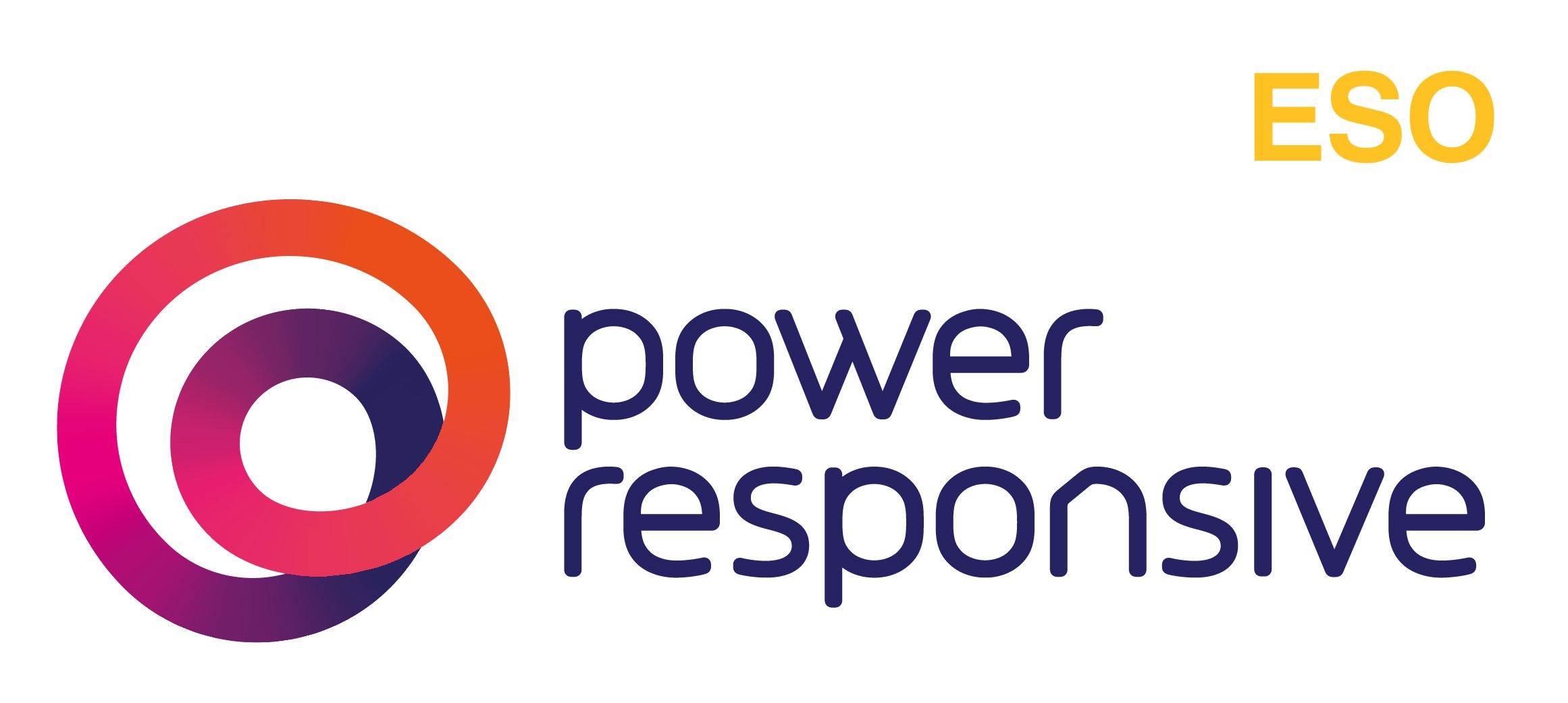AstraZeneca partners with Future Biogas to deliver net zero target
)
- AstraZeneca signs a gas sale agreement (GSA) with Future Biogas to help cut their Scope 1 emissions.
- In a first-of-its-kind arrangement, 100,000 MWh of home-grown biomethane will be sleeved from Future Biogas’ anaerobic digestion (AD) plants to AstraZeneca’s UK sites via the national gas grid.
- This GSA is responsible for the development of the UK’s first unsubsidised Anaerobic Digestion (AD) plant, ensuring the delivery of 100% additional green gas.
Powering AstraZeneca’s transition to net zero, the Company has agreed a 15-year partnership with Future Biogas to establish the UK’s first unsubsidised industrial-scale supply of biomethane gas, and is investing in major energy efficiencies in its operations, totalling a commitment of £100m.
Energy from the biomethane facility will supply AstraZeneca’s sites in Macclesfield, Cambridge, Luton and Speke with 100 gigawatt hours (GWh) per year, equivalent to the heat demands of over 8,000 homes. Once operational in early 2025, the partnership will reduce emissions by an estimated 20,000 tonnes CO2 equivalent (CO2e), adding renewable energy capacity to the national gas grid.
The anaerobic digestion facility and long-term partnership with Future Biogas provide a blueprint for wider commercial adoption of renewable gas in the UK. A dynamic biomethane market is seen as crucial to the UK achieving net zero.
Juliette White, Vice President, Global Sustainability & Safety, Health & Environment, at AstraZeneca, said: “Today’s commitment of £100 million shows we are serious about decarbonising the discovery, development and manufacture of medicines and securing a sustainable future for our sites across the UK and globally. In leading from the front on the commercial adoption of clean heat, we are innovating to expand the usage of renewable energy, contributing to the circular economy and accelerating our progress towards net zero.”
Biomethane represents the most immediately available and viable solution for low-carbon heat demand. It is ready to use, compatible with all existing infrastructure, and its combustion is carbon neutral. By sleeving the gas through the grid, biomethane can be delivered directly to AstraZeneca, and its carbon savings can be robustly tracked from production to use.
Future Biogas CEO Philipp Lukas said “AstraZeneca’s ground-breaking investment in green gas affirms its status as a global leader in the transition to net zero. The opportunity to combine unsubsidised biomethane production with regenerative farming benefits local farms and supports the growing focus on soil health and sustainable food production. Future Biogas expects this model to be adopted by many other innovative organisations with strong net zero ambitions.”
UK farms and sustainable land management sit at the heart of this gas supply agreement. The production of biomethane will support farms in their transition to more regenerative practices. Bioenergy crops will be grown as part of diverse rotations, including food crops, cover cropping and providing opportunities for companion cropping. This co-production of food and energy offers multiple environmental benefits – increasing crop yields, reducing the demand for pesticides and herbicides, enriching biodiversity, and improving soil health – while decarbonising food and energy systems.
The wider use of regenerative farming techniques, such as minimal tillage, and cover crops ensures that only the most sustainable crops are supplied for biomethane production. In addition, anaerobic digestion co-creates a carbon-rich biofertiliser, known as digestate, displacing the need for artificial fertilisers, and replenishes soils with organic matter which is, again, essential for healthy soil and its ability to act as a carbon sink.
Overall, Future Biogas is targeting the growth of ‘carbon neutral’ crops, whereby carbon sequestration in soils outweighs any carbon emissions derived from the crops’ cultivation. Moreover, Future Biogas will capture CO2 from the biogas production process and transport it for permanent geological storage. This process delivers GHG removals – actively reversing emissions.
About Future Biogas
Future Biogas is one of the UK’s largest producers of biomethane, injecting over 500 GWh of green gas into the grid each year – enough to heat over 40,000 homes.
Founded in 2008, Future Biogas is a highly experienced developer and operator of AD plants across the UK, responsible for over £120m in biogas infrastructure. At present, it operates 12 large-scale AD plants, primarily located across the East and North-East of England. Of these plants, eleven focus on the production of biomethane, injecting it into the UK gas grid. One of the sites is a 4.5 MW site producing renewable electricity via private wire to supply an RAF base in East Anglia.
Future Biogas is leading the development of Project Carbon Harvest – a venture to design and operate the next generation of AD plants delivering Bioenergy with Carbon Capture and Storage (BECCS). This Project will operate without direct government subsidy, where GHG removal credits can replace income historically provided by tariff support (e.g., FIT, RHI, GGSS). The opportunity is to build over 25 new plants within the next decade.
About AstraZeneca
AstraZeneca is a global, science-led biopharmaceutical company that focuses on the discovery, development, and commercialisation of prescription medicines in Oncology, Rare Diseases, and BioPharmaceuticals, including Cardiovascular, Renal & Metabolism, and Respiratory & Immunology. AstraZeneca operates in over 100 countries and its medicines are used by millions of patients worldwide.
With a proud 100-year heritage in advancing UK science, today AstraZeneca is the UK’s leading biopharmaceutical company. AstraZeneca is based in five different locations across the UK, with its global headquarters in Cambridge. In the UK, around 8,700 employees work in research and development, manufacturing, supply, sales, and marketing. We supply around 35 different medicines to the NHS.






